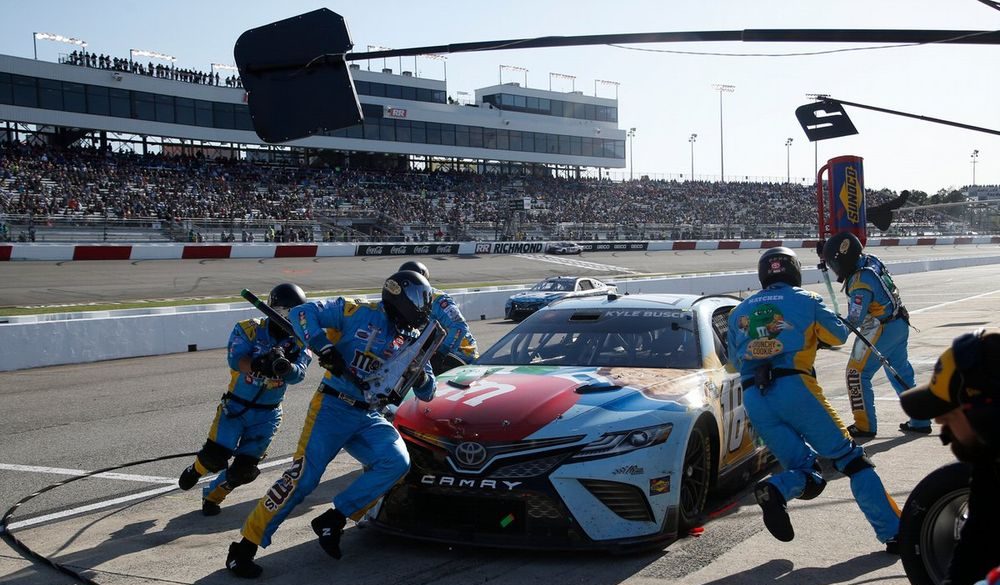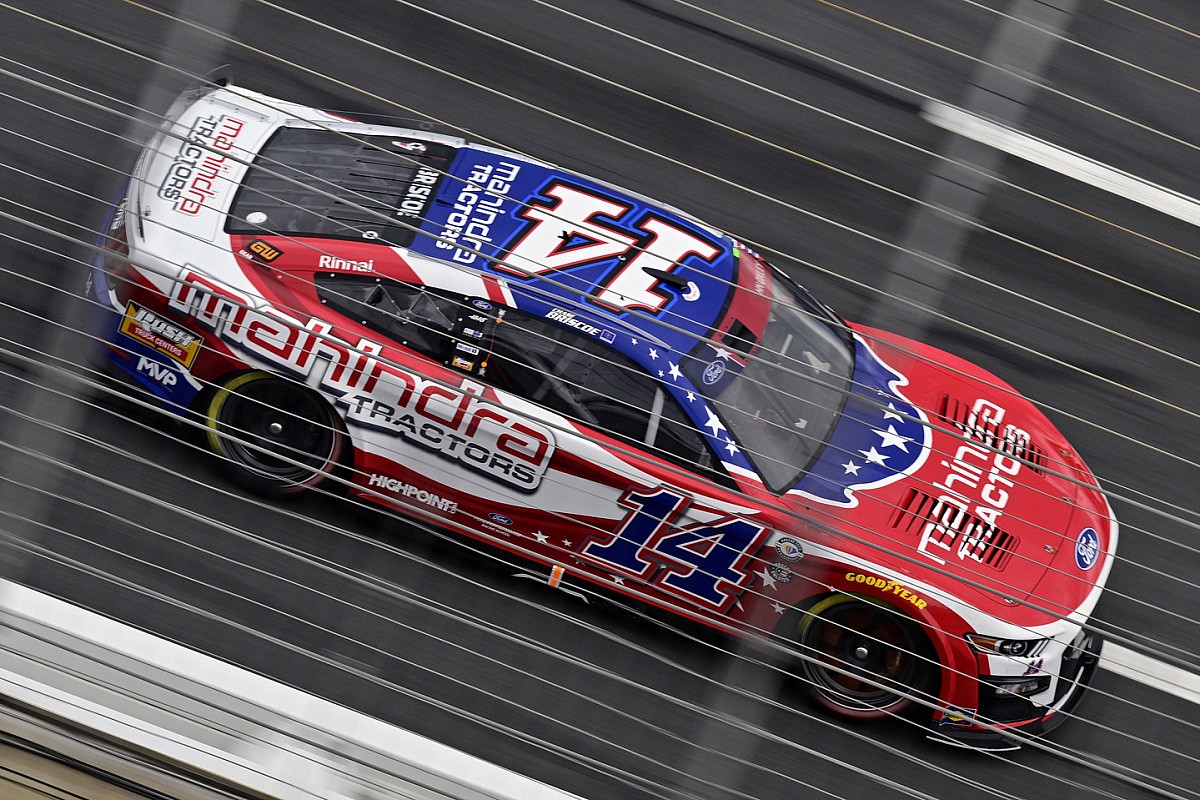In the realm of stock car racing, where the tradition was originally about racing cars fresh from the showroom floor, crew chiefs and mechanics continuously strive to enhance their cars’ performance within the confines of the rules.
A recent incident involving Team Penske’s Joey Logano illustrates this quest for innovation. Logano was fined $10,000 for wearing webbed gloves during qualifying in Atlanta.
These gloves aimed to restrict airflow into his cockpit, reducing drag and potentially enhancing speed—a clear example of teams seeking creative solutions within the regulations.
The history of rule-breaking in NASCAR dates back to its inaugural race in 1949. Glenn Dunaway, driving a modified 1947 Ford, won but was later disqualified for illegal modifications. This incident set a precedent for NASCAR’s enforcement of penalties, establishing a framework for maintaining fair competition.

With the introduction of the Next Gen car in 2022, NASCAR implemented stricter penalties for rule violations, particularly concerning modifications to single-source supplied parts. This shift aimed to curb teams’ attempts to gain an unfair advantage by altering crucial components of the standardized vehicle.
Despite these measures, teams continue to push boundaries, often resulting in hefty fines and penalties.
In March 2023, five Cup Series teams, including Hendrick Motorsports and Kaulig Racing, were penalized for unauthorized modifications to hood louvers. Crew chiefs faced suspensions and substantial fines, signaling NASCAR’s unwavering stance against rule violations.
Appeals processes offer teams opportunities to challenge penalties, albeit with limited success. While some penalties were reduced upon appeal, fines and suspensions remained significant, underscoring NASCAR’s commitment to upholding the integrity of the sport.
Instances of rule infractions persist, as evidenced by subsequent penalties imposed on Hendrick Motorsports after illegal modifications were discovered in their cars’ greenhouse. These recurrent violations incur substantial financial penalties, highlighting the costly consequences of non-compliance.
The most significant fine in NASCAR history occurred in May 2023 when Stewart-Haas Racing’s Chase Briscoe and his team were penalized for using counterfeit parts on the Next Gen car.
This unprecedented penalty underscored NASCAR’s zero-tolerance policy towards cheating and emphasized the importance of maintaining authenticity in the sport.
Although disqualifications post-race are rare, NASCAR has taken decisive action when rule violations are identified during inspections. Disqualifications serve as a deterrent against cheating, reinforcing the importance of adherence to regulations throughout the competition.
Various NASCAR teams, including Front Row Motorsports and Roush Fenway Racing, have faced penalties for violating rules related to Next Gen cars. These penalties, coupled with advancements in technical inspections, underscore NASCAR’s commitment to fair competition and its ongoing efforts to deter rule infractions.
NASCAR’s stringent enforcement of rules and penalties reflects its dedication to preserving the integrity and fairness of stock car racing. Despite evolving regulations and increased scrutiny, teams continue to explore innovative avenues within the boundaries of the sport, aware of the consequences of crossing the line.

